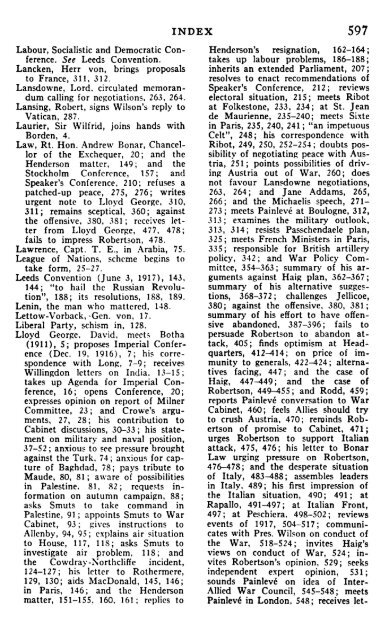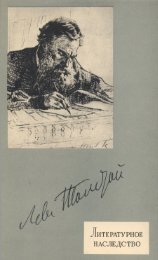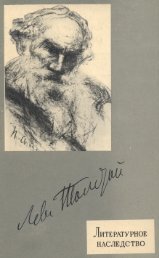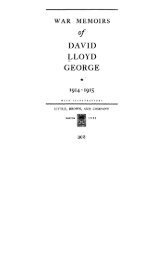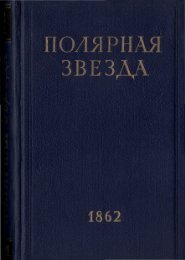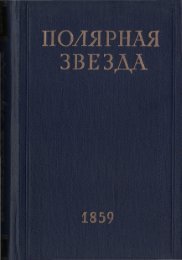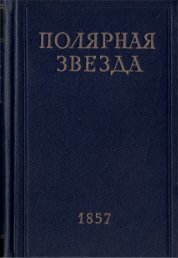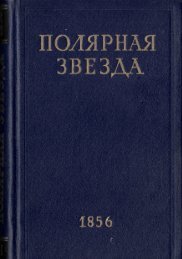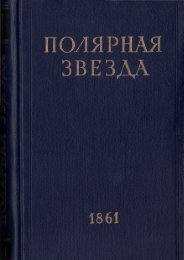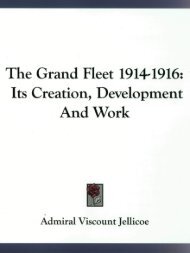WAR MEMOIRS OF DAVID LLOYD GEORGE 1917
WAR MEMOIRS OF DAVID LLOYD GEORGE 1917
WAR MEMOIRS OF DAVID LLOYD GEORGE 1917
You also want an ePaper? Increase the reach of your titles
YUMPU automatically turns print PDFs into web optimized ePapers that Google loves.
Labour, Socialistic and Democratic Conference.<br />
See Leeds Convention.<br />
Lancken, Herr von, brings proposals<br />
to France, 311, 312.<br />
Lansdowne, Lord, circulated memorandum<br />
calling for negotiations, 263, 264.<br />
Lansing, Robert, signs Wilson's reply to<br />
Vatican, 287.<br />
Laurier, Sir Wilfrid, joins hands with<br />
Borden, 4.<br />
Law, Rt. Hon. Andrew Bonar, Chancellor<br />
of the Exchequer, 20; and the<br />
Henderson matter, 149; and the<br />
Stockholm Conference, 157; and<br />
Speaker's Conference, 210; refuses a<br />
patched-up peace, 275, 276; writes<br />
urgent note to Lloyd George, 310,<br />
311; remains sceptical, 360; against<br />
the offensive, 380, 381; receives letter<br />
from Lloyd George, 477, 478;<br />
fails to impress Robertson, 478.<br />
Lawrence, Capt. T. E., in Arabia, 75.<br />
League of Nations, scheme begins to<br />
take form, 25-27.<br />
Leeds Convention (June 3, <strong>1917</strong>), 143,<br />
144; "to hail the Russian Revolution",<br />
188; its resolutions, 188, 189.<br />
Lenin, the man who mattered, 148.<br />
Lettow-Vorback,-Gen. von, 17.<br />
Liberal Party, schism in, 128.<br />
Lloyd George, David, meets Botha<br />
(1911), 5; proposes Imperial Conference<br />
(Dec. 19, 1916), 7; his correspondence<br />
with Long, 7-9; receives<br />
Willingdon letters on India, 13-15;<br />
takes up Agenda for Imperial Conference,<br />
16; opens Conference, 20;<br />
expresses opinion on report of Milner<br />
Committee, 23; and Crowe's arguments,<br />
27, 28; his contribution to<br />
Cabinet discussions, 30-33; his statement<br />
on military and naval position,<br />
37-52; anxious to see pressure brought<br />
against the Turk, 74; anxious for capture<br />
of Baghdad, 78; pays tribute to<br />
Maude, 80, 81; aware of possibilities<br />
in Palestine, 81, 82; requests information<br />
on autumn campaign, 88;<br />
asks Smuts to take command in<br />
Palestine, 91; appoints Smuts to War<br />
Cabinet, 93; gives instructions to<br />
Allenby, 94, 95; explains air situation<br />
to House, 117, 118; asks Smuts to<br />
investigate air problem, 118; and<br />
the Cowdray-Northcliffe incident,<br />
124-127; his letter to Rothermere,<br />
129, 130; aids MacDonald, 145, 146;<br />
in Paris, 146; and the Henderson<br />
matter, 151-155, 160, 161; replies to<br />
INDEX 597<br />
Henderson's resignation, 162-164;<br />
takes up labour problems, 186-188;<br />
inherits an extended Parliament, 207;<br />
resolves to enact recommendations of<br />
Speaker's Conference, 212; reviews<br />
electoral situation, 215; meets Ribot<br />
at Folkestone, 233, 234; at St. Jean<br />
de Maurienne, 235-240; meets Sixte<br />
in Paris, 235, 240, 241; "an impetuous<br />
Celt", 248; his correspondence with<br />
Ribot, 249, 250, 252-254; doubts possibility<br />
of negotiating peace with Austria,<br />
251; points possibilities of driving<br />
Austria out of War, 260; does<br />
not favour Lansdowne negotiations,<br />
263, 264; and Jane Addams, 265,<br />
266; and the Michaelis speech, 271—<br />
273; meets Painleve at Boulogne, 312,<br />
313; examines the military outlook,<br />
313, 314; resists Passchendaele plan,<br />
325; meets French Ministers in Paris,<br />
335; responsible for British artillery<br />
policy, 342; and War Policy Committee,<br />
354-363; summary of his arguments<br />
against Haig plan, 362-367;<br />
summary of his alternative suggestions,<br />
368-372; challenges Jellicoe,<br />
380; against the offensive, 380, 381;<br />
summary of his effort to have offensive<br />
abandoned, 387-396; fails to<br />
persuade Robertson to abandon attack,<br />
405; finds optimism at Headquarters,<br />
412-414; on price of immunity<br />
to generals, 422—124; alternatives<br />
facing, 447; and the case of<br />
Haig, 447-449; and the case of<br />
Robertson, 449-155; and Rodd, 459;<br />
reports Painleve* conversation to War<br />
Cabinet, 460; feels Allies should try<br />
to crush Austria, 470; reminds Robertson<br />
of promise to Cabinet, 471;<br />
urges Robertson to support Italian<br />
attack, 475, 476; his letter to Bonar<br />
Law urging pressure on Robertson,<br />
476-478; and the desperate situation<br />
of Italy, 483-488; assembles leaders<br />
in Italy. 489; his first impression of<br />
the Italian situation, 490; 491; at<br />
Rapallo, 491-497; at Italian Front,<br />
497; at Peschiera, 498-502; reviews<br />
events of <strong>1917</strong>, 504-517; communicates<br />
with Pres. Wilson on conduct of<br />
the War, 518-524; invites Haig's<br />
views on conduct of War, 524; invites<br />
Robertson's opinion, 529; seeks<br />
independent expert opinion, 531;<br />
sounds Painleve* on idea of Inter-<br />
Allied War Council, 545-548; meets<br />
Painleve* in London, 548; receives let-


